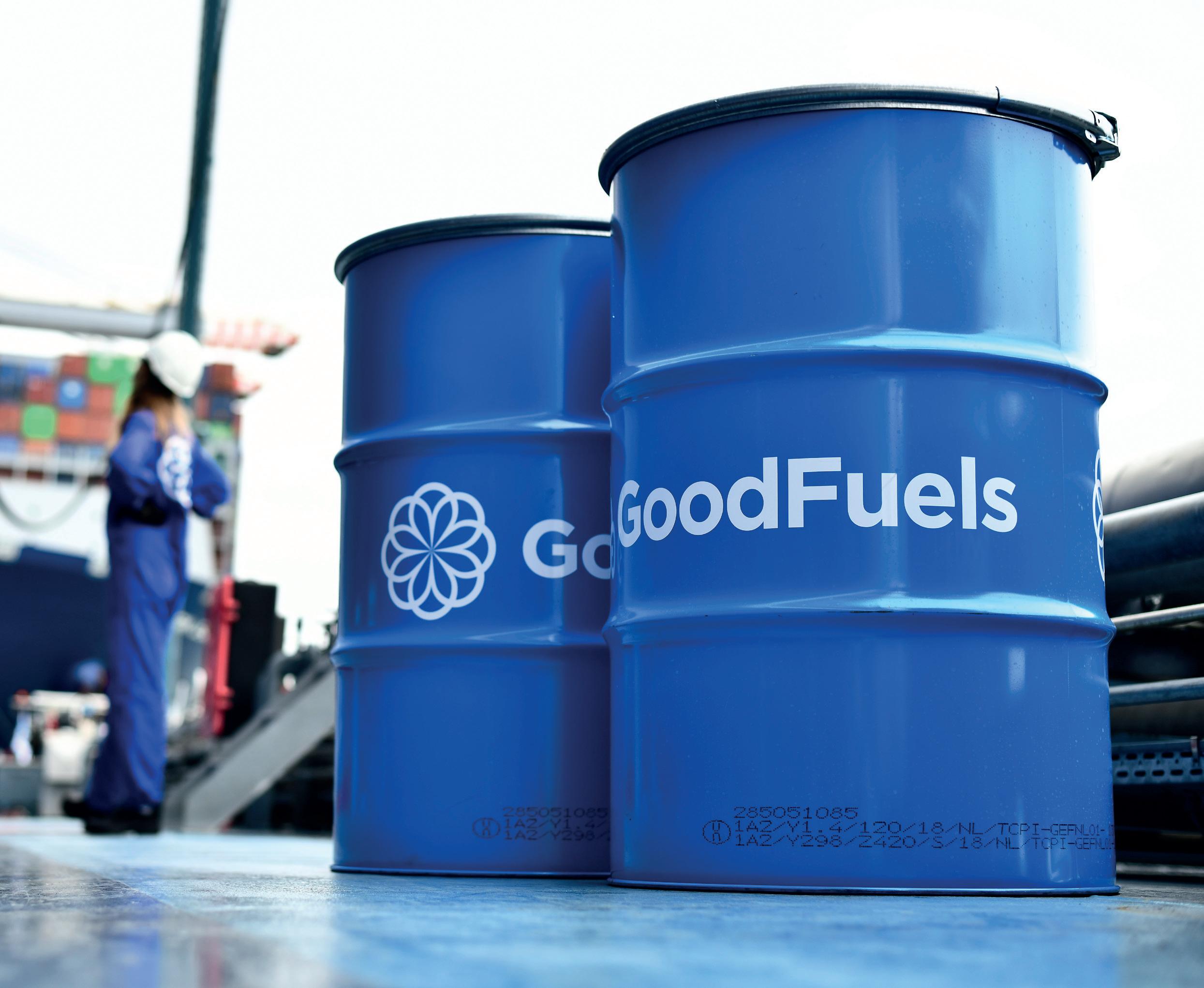source: Air France
SUSTAINABLE AVIATION FUEL 2020 IS TAKE-OFF YEAR IN FRANCE Philippe Marchand, Biofuel expert, France
Sustainable Aviation Fuel are a necessity for the future acceptability of Air Transport.
W
hen one quarter of manmade Green House Gas (GHG) emissions comes from transport, 2% from air transport alone, reducing the carbon footprint becomes a cornerstone in the fight against Climate Change and, possibly, an absolute necessity for responsible transport to stay in business in the future: United Nations’ International Civil Aviation Authority (ICAO) and the International Airlines Transport Association (IATA) have both committed to a challenging global GHG emission reduction of 50 % in 2050 vs 2005, starting with an objective of Carbon Neutral Growth as from 2020. In the context of a robust growth that could double the number of passengers in the next twenty years, progress in technology alone, e.g. more fuel-efficient engines, lighter airframes or more 16 Be
straightforward routing between airports, will not be enough to meet this Climate Goal: alternative aviation fuels, with a lower net carbon emissions score than fossilbased fuels, are needed, as from now, as the other fuels that could be considered, such as hydrogen and natural or bio-gas, will not materialize at scale until the second half of this century. Liquid fuels are there to stay for many decades, but their sustainability has to improve. Sustainable Aviation Fuel (SAF), the air transport version of biofuels, has been available for more than ten years, and nearly ten alternative pathways have been so far certified for the production and use of these alternative aviation fuels on a world-wide basis. And many more are under certification as we speak, at various levels of Research and
Development. The most mature pathway, a.k.a. Hydrotreated Esters and Fatty Acids (HEFA), a well-known lipids hydrogenation process, has been, up to now, the main contributor to the early use of SAF in air transport, in many demonstration programs around the world, mostly in Europe and the USA: but on a very modest scale, reaching 0.06 % of total flights in 2019. Why? Air Transport is a global activity, extremely competitive. Pending a level-playing field mandating, on a world-wide basis, the use of SAF or a progressive reduction in the carbon intensity, mirroring regulations in place in road transport at national or regional levels, airlines will be reluctant to use SAF unless close to price parity with fossil-based aviation fuel is










